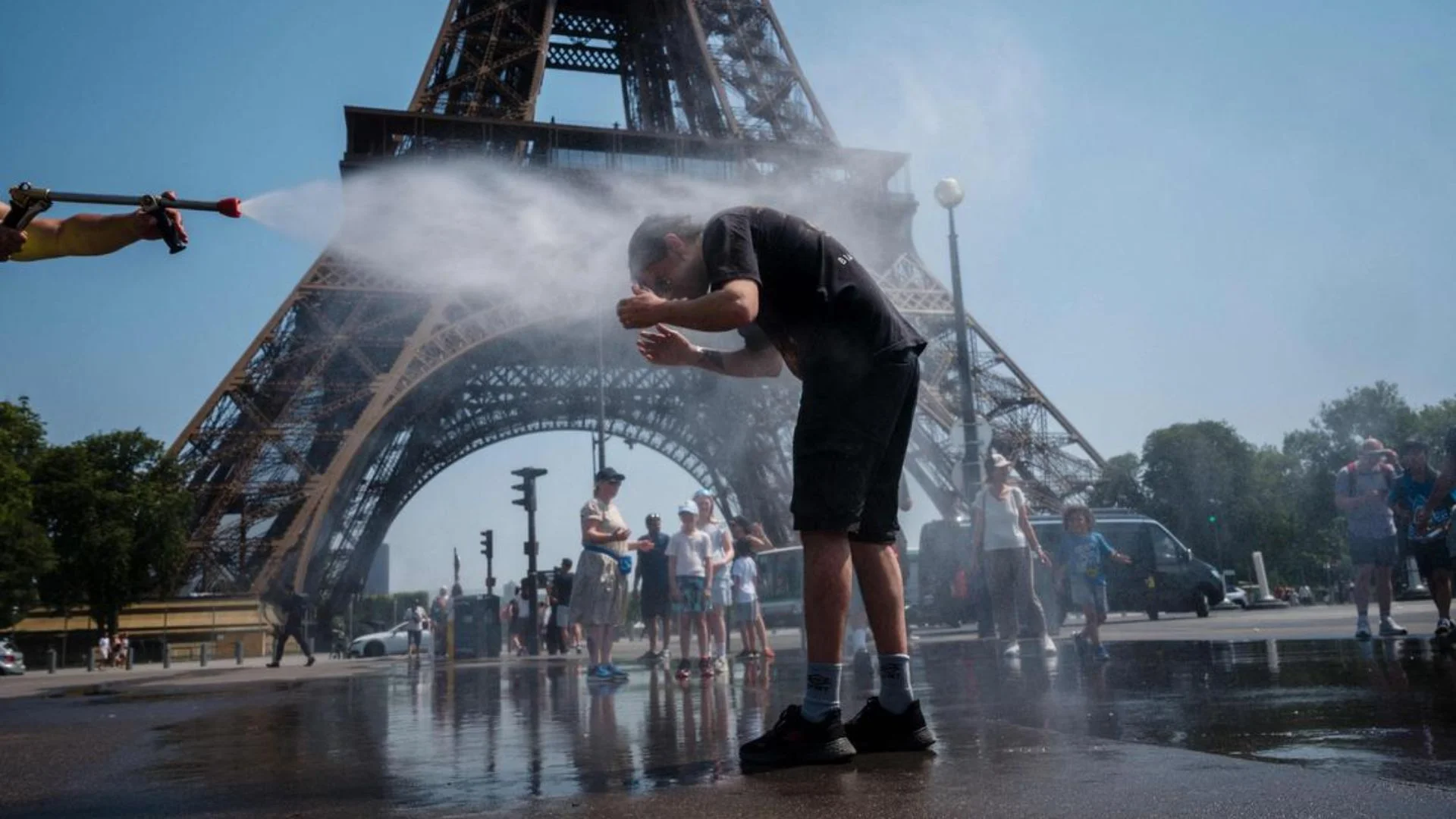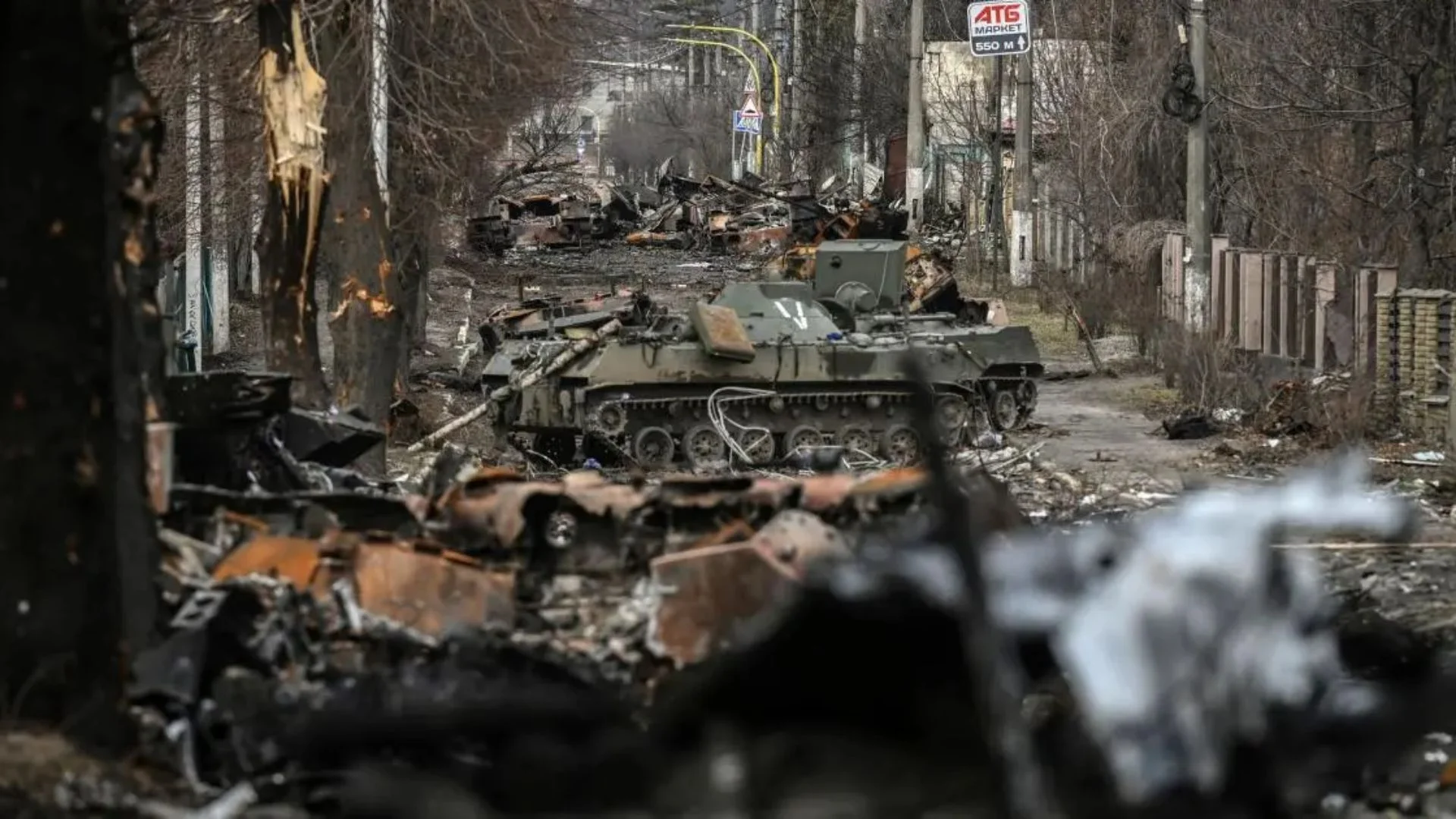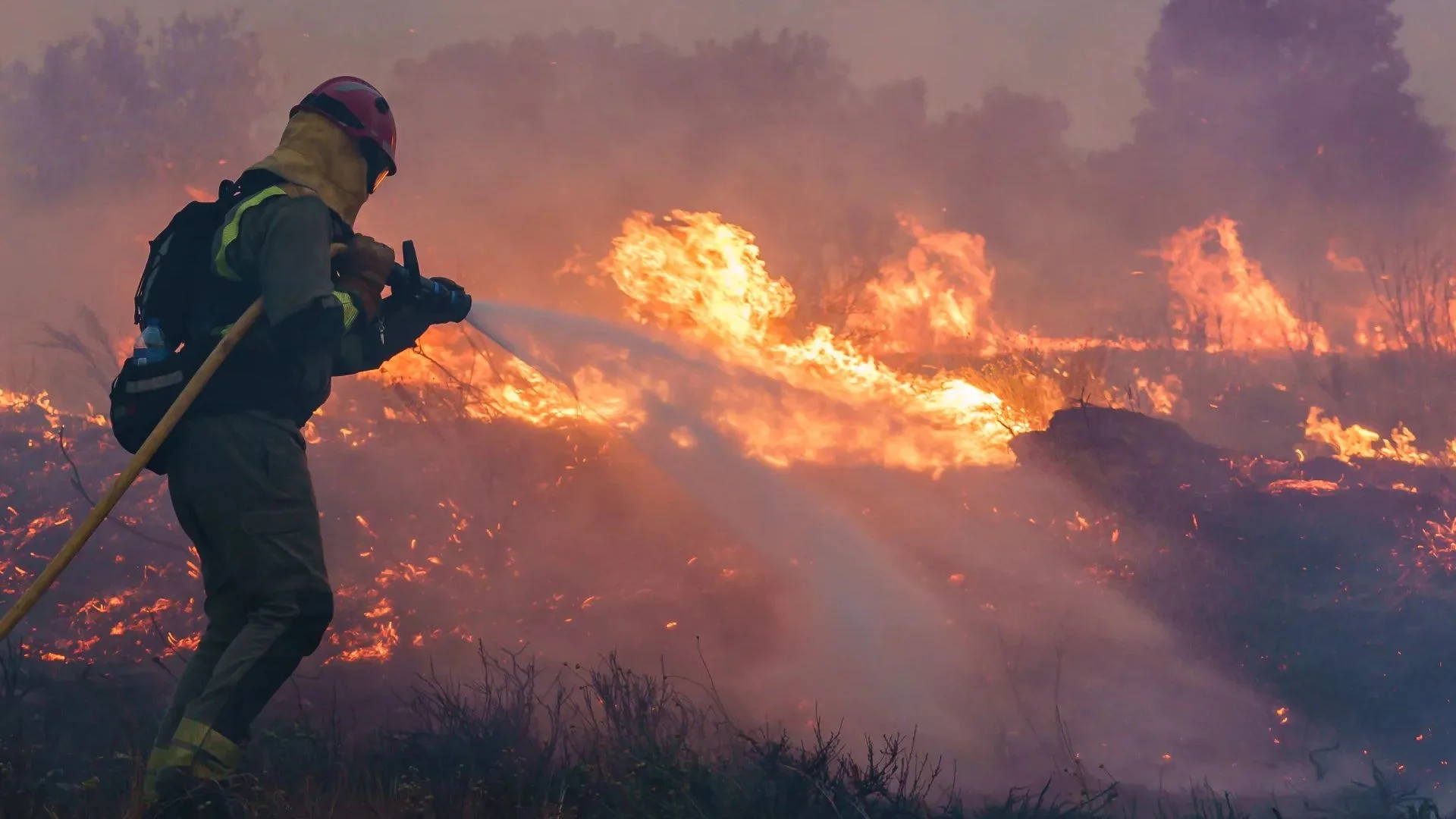An intense early-summer heatwave continued to grip much of Europe on Wednesday, claiming lives, fueling wildfires, disrupting infrastructure, and forcing emergency measures across several countries.
Spain accounted for four heat-related fatalities, with two individuals being killed in a fire in Catalonia and others in Extremadura and Cordoba. France had two confirmed deaths related to the excessive heat, with 300 individuals hospitalized, and two elderly men died on Sardinian beaches, reports local media.
Red weather warnings were issued in Italy for 18 cities, while Meteo France had high-level alerts in place for central France. Germany’s hottest day of the year saw temperatures predicted to rise to 40°C (104°F) in certain areas.
Heat-fueled wildfires caused evacuations and devastation. In Spain, a fire in Catalonia burned 40 km of terrain, engulfing several farms before being contained. Turkey, which underwent mass evacuations earlier this week because of fires, declared the situation was largely in hand.
Record temperatures also interrupted transport and energy activities. Switzerland’s Beznau nuclear power plant closed one reactor and cut back another because of hot river water. In France, storm mudslides caused by unstable heat conditions disrupted railway traffic between Paris and Milan.
Business and tourism suffered. British bakery chain Greggs predicted reduced profits as record UK heat kept shoppers away. Paris’s Eiffel Tower and Brussels Atomium were temporarily closed for safety.
Climate change is linked to the premature and severe heatwave by scientists, who point out greenhouse gas emissions and rising seas have enabled the build-up of a heat dome to trap hot air over the continent.
“Intense heat is putting our resilience to the test and threatening lives,” UN Environment Programme director Inger Andersen said. Allianz Research cautioned the economic cost of such heatwaves could equal that of massive labor strikes.






















